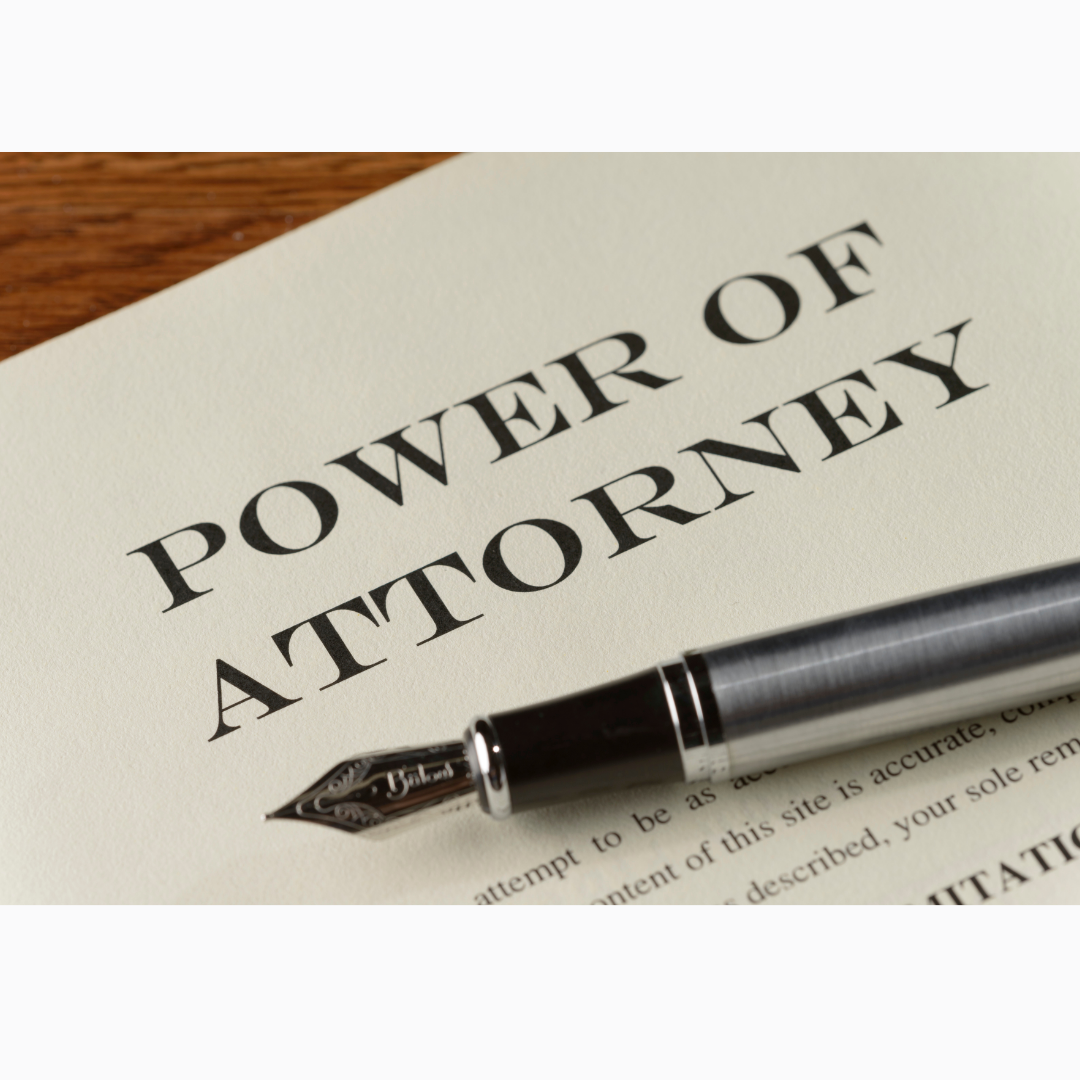Selling a house can be a stressful and time-consuming task with many moving parts. While there are professionals available to help you, it is important you understand the process so that you can seek the assistance you need. One key element in the selling process is executing a Power of Attorney (POA) where required. A POA designates someone else’s authority over property or other personal matters should physical or mental disability prevent you from making decisions —in this case when it comes to selling your house.
In this post, we’ll discuss what you need to know regarding using a POA for selling a house. We outline why you need one in certain circumstances to how you go about selecting someone who will serve as your Power of Attorney while carrying out the instructions outlined in the document. So read on if you want more detailed information about Powers of Attorney and how they apply to real estate transactions.
To sell a property in Alberta, you would typically need a specific type of power of attorney called a “Property Power of Attorney” or “Real Estate Power of Attorney.” This legal document grants someone else the authority to act on your behalf in real estate matters, including the sale of property.
To obtain a power of attorney to sell a property, you will need to follow certain steps and requirements. Here’s a general guide to help you understand the process:
Choose an attorney or agent: Select someone you trust to act as your attorney or agent in the power of attorney document. This person will have the authority to sell the property on your behalf.
Consult a lawyer: It’s advisable to consult with a lawyer who specializes in real estate or estate planning. They can ensure your Power of Attorney is legally sound and meets all the necessary requirements in your jurisdiction.
Draft the power of attorney document: Work with your lawyer to draft the power of attorney document. The document should clearly state your intention to grant your attorney or agent the authority to sell the specific property.
Specify powers and limitations: Clearly define the powers and limitations you want to grant to your attorney. Specify that their authority is limited to selling the property and any related matters, such as signing necessary documents, negotiating terms, and transferring ownership.
Include property details: Provide detailed information about the property, including its address, legal description, and any other relevant details that help identify it uniquely.
Sign the document: Once the power of attorney document is drafted, review it carefully and make sure you understand its contents. Sign the document in the presence of a notary public or a witness, as required by your jurisdiction’s laws.
Notarize the document: Depending on your jurisdiction, you may need to have the power of attorney document notarized. This typically involves signing the document in the presence of a notary public who will validate your identity and witness the signing.
Provide copies to relevant parties: Make copies of the executed power of attorney document and provide them to the relevant parties involved in the property sale, such as real estate agents, lawyers, or title companies.
In conclusion, it is important to understand all the nuances around a Power of Attorney and why you may need one for real estate transactions.
A Power of Attorney is an essential document to have when it comes to managing any real estate transactions. Whether you are refinancing a current property or purchasing a new one, having a Power of Attorney already set up makes the process easier and smoother. With the various options you can choose from, enabling someone else to act on your behalf if needed is more convenient and just as secure when you use the right person for the job. If you would like complete assurance that your Power of Attorney is legally binding and accurate, contact a real estate lawyer at Summit Legal Group today for help in setting one up.
Don’t wait – take control of your finances by creating your own personal Power of Attorney now. The steps are simple and the benefits immense, so why not get started? Reach out to us to guide you through the process and craft a legally sound Power of Attorney tailored to meet your needs. Act now for peace of mind tomorrow!


